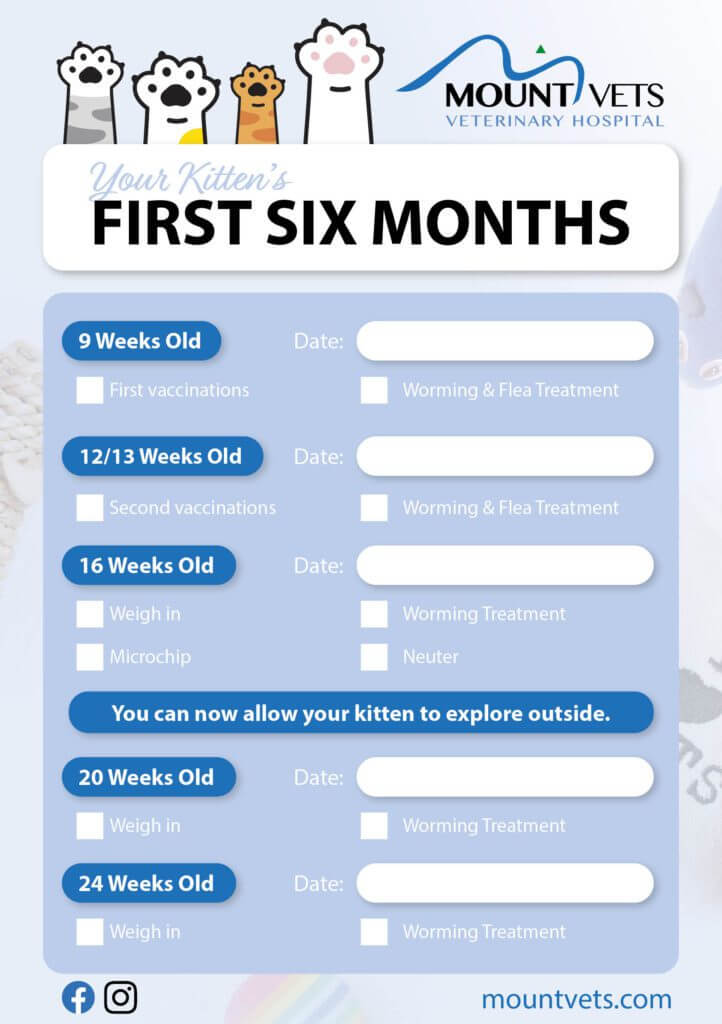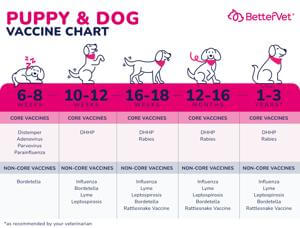First Vet Visit Checklist: Prepare for Your Pet’s Health Check
Taking your new puppy to the vet for the first time is exciting and important. It’s a big step in making sure your furry friend stays healthy and happy. Your puppy’s first vet visit usually costs between $100 and $200 and lasts about an hour. This visit is crucial for checking your pup’s health and starting their vaccinations.
We know it can be nerve-wracking to prepare for this visit. That’s why we’ve put together a handy checklist. It covers everything from finding a good vet to what questions to ask during the appointment. With our tips, you’ll feel ready and confident for your puppy’s first check-up.
Key Takeaways
- The first vet visit is key for your puppy’s health and includes a full check-up and vaccines
- Bring your puppy’s history and a list of questions to make the most of the appointment
- Regular vet visits help keep your puppy healthy and build a good relationship with your vet
Preparing for Your Puppy’s First Vet Visit
Getting ready for your puppy’s first checkup can feel like a big task. We’ll help you pack the right items and understand the costs involved.
What to Bring to the Appointment
We recommend making a checklist for your puppy’s first vet visit. Start with any papers from the breeder or shelter. These might include shot records or info about the pup’s parents.
Don’t forget to bring a fresh stool sample. Your vet will test it for worms. It’s also smart to pack some treats to keep your puppy happy.
Bring your pup in a crate or carrier. This keeps them safe in the car and the waiting room. If you use a collar and leash, make sure they fit well.
Have a list of questions ready. Ask about food, training, and how often to come back. The vet will talk about shots and set up a plan for future visits.
Understanding the Costs
The first vet trip can be pricey, but it’s worth it for your pup’s health. Expect to pay between $100 and $200 for this visit. This often covers the exam, some shots, and maybe worm medicine.
Some vets offer new puppy packages. These can save you money if you plan to get all the recommended care. Ask about these deals when you call to set up the visit.
We suggest looking into pet insurance. It can help with big vet bills later on. The first visit is a good time to ask your vet about insurance options.
Remember, prices can change based on where you live. City vets might cost more than those in small towns. It’s okay to call a few clinics and compare prices.
The Health Assessment
We’ll walk you through what to expect during your puppy’s health check. The vet will do a thorough physical exam and discuss important vaccinations and preventive care.
Physical Examination
During the physical exam, the vet will check your puppy from nose to tail. They’ll use a stethoscope to listen to the heart and lungs. The vet will also look at your pup’s eyes, ears, mouth, and teeth.
They’ll feel the tummy and lymph nodes to check for any issues. Your puppy’s skin, coat, and feet will get a once-over too. The vet will take your pup’s temperature and weight.
This exam helps spot any health concerns early. It’s a great time to ask questions about your puppy’s growth and development.
Vaccinations and Preventive Care
Vaccinations are key to keeping your puppy healthy. The vet will go over which shots your pup needs and when. Common vaccines protect against diseases like parvo and distemper.
We’ll also talk about flea, tick, and heartworm prevention. These parasites can cause serious health problems. Your vet will recommend the best products for your puppy.
This visit is a good time to discuss spaying or neutering. The vet can explain the benefits and timing of these surgeries. We might also chat about microchipping to help find your pup if they ever get lost.
Frequently Asked Questions
New pet owners often have questions about their pet’s first vet visit. We’ve compiled answers to common queries to help you prepare and know what to expect.
What should I include in my puppy’s first vet visit checklist?
For your puppy’s first vet visit, bring any medical records from the breeder or shelter. Pack some treats and a favorite toy to keep your pup calm. Don’t forget a leash and collar with ID tags.
Also, prepare a list of questions about diet, exercise, and training. Jot down any concerns or unusual behaviors you’ve noticed.
How can I prepare my pet for their initial veterinary appointment?
We suggest getting your pet used to car rides before the big day. Take short trips to positive places like a park.
Practice handling your pet‘s paws, ears, and mouth at home. This helps them feel more comfortable during the exam. Familiarize your kitten with a carrier if you have a cat.
What can I expect during my cat’s introductory vet examination?
The vet will do a full physical exam of your cat. They’ll check weight, temperature, and listen to the heart and lungs.
Your kitty’s eyes, ears, and mouth will be inspected. The vet may also feel the belly and check for fleas.
How soon should a new dog be taken to the veterinarian?
We recommend taking your new dog to the vet within the first week of bringing them home. This helps catch any health issues early.
For puppies, aim for 24-72 hours after adoption. Adult dogs should see a vet within 3-7 days of coming home.
What vaccinations are typically administered during a puppy’s first vet visit?
Common first vaccines for puppies include distemper, parvovirus, and sometimes bordetella. The exact vaccines depend on your pup’s age and health status.
Your vet will create a custom vaccine schedule based on your puppy’s needs and lifestyle. They’ll also discuss future shots.
Can you outline the typical vet visit schedule for a puppy?
Puppies usually need vet visits every 3-4 weeks until they’re about 16 weeks old. These visits focus on vaccines and growth checks.
After the initial series, we suggest check-ups at 6 months and 1 year. Your vet will recommend an adult visit schedule based on your dog’s health.




![How Long Do Dogs Live?: A Guide to Canine Longevity]](https://quitepuppy.com/wp-content/uploads/2024/07/a10ff4f2-a61e-41d2-acfe-4551674a08a7-1-768x768.webp)


